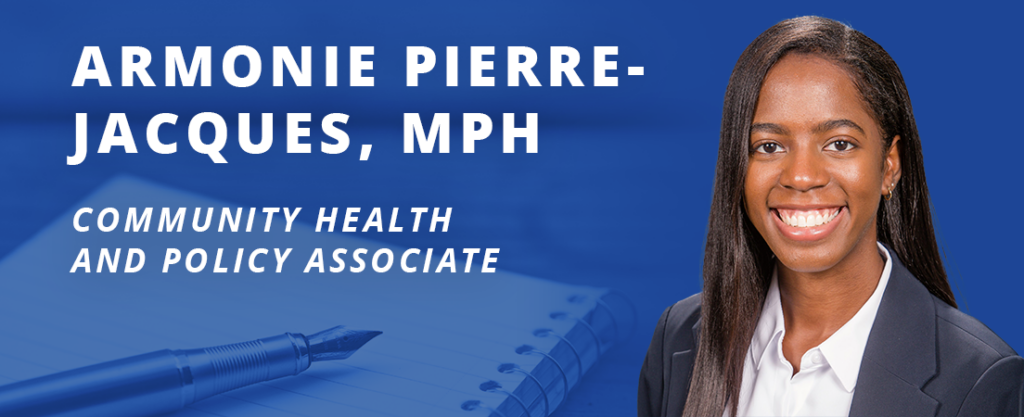At the Quality Institute, we’re excited to report that the maternity-specific scenarios we created and piloted for Mental Health First Aid training have been approved for use around the country by The National Council for Mental Wellbeing.
Last year, we brought together mental health experts, maternal health professionals, and people with lived experiences to develop these first-of-their-kind maternity-specific, role-playing scenarios for use in Mental Health First Aid (MHFA).
We’re proud that trainers from around the nation can now customize their trainings to support nurses, doulas, home visitors, community health workers or anyone who works with pregnant individuals.
As a certified instructor who helped pilot these new scenarios, it’s gratifying that our work at the Quality Institute will now support efforts throughout the country to address maternal mental health. The need is urgent. The CDC recently reported that mental health conditions are a leading, underlying cause of pregnancy-related deaths. There is a critical need to invest more to address maternal mental health to reduce death and suffering surrounding pregnancy.
As you may know, MHFA is an evidence-based, skills-based training program that teaches participants how to assist someone experiencing a mental health crisis. Participants learn to identify the warning signs of a mental health concern and are provided with resources to provide initial support or make referrals for professional help.
Those working in the community with pregnant individuals have a unique opportunity to identify mental health symptoms early and intervene, if necessary, to provide timely support and referral. I have seen firsthand the value of the eight-hour training, which uses video, interactive group and individual activities, and role-playing.
Participants learn about the ALGEE Action Plan: Assessing for risk of suicide or harm, Listen nonjudgmentally, Give reassurance and information, Encourage appropriate professional help, and Encourage self-help and other support strategies. These five steps provide participants with an action plan they can follow to assist someone who may be at risk of a mental health condition.
In the trainings I was involved with, I saw how our maternity scenarios sparked valuable discussions about maternal mental health. These scenarios cover the prenatal and postpartum stage. One scenario, for example, describes Maria, who is nine weeks pregnant and expecting her second child, but ultimately experiences early, worsening, and then crisis mental health signs and symptoms. During the training, participants are asked to identify the signs and symptoms and apply the ALGEE action plan. The feedback we collected from participants about their experience with the training has been overwhelmingly positive. For instance, 96 percent of participants reported an increased awareness of how to support someone experiencing mental health symptoms.
We’re thankful to The Healthcare Foundation of New Jersey for their generous support of our work. The Foundation’s initial grant supported our first pilot year, and, as a testament to the success of the pilot, we were just awarded a second year of funding from the Foundation to continue these trainings. We are also grateful to the many organizations in New Jersey, such as the Greater Newark Health Care Coalition, Partnership for Maternal and Child Health of Northern New Jersey, HealthConnect One, and the Mental Health Association in New Jersey, that have partnered with us and provided their input, perspective, and time. You can read our White Paper that outlines our work in perinatal MHFA training.
Finally, if you or individuals in your organization work with pregnant people, before, during or after childbirth, please consider MHFA training. You can reach out to me at apierrejacques@njhcqi.org to learn more.

